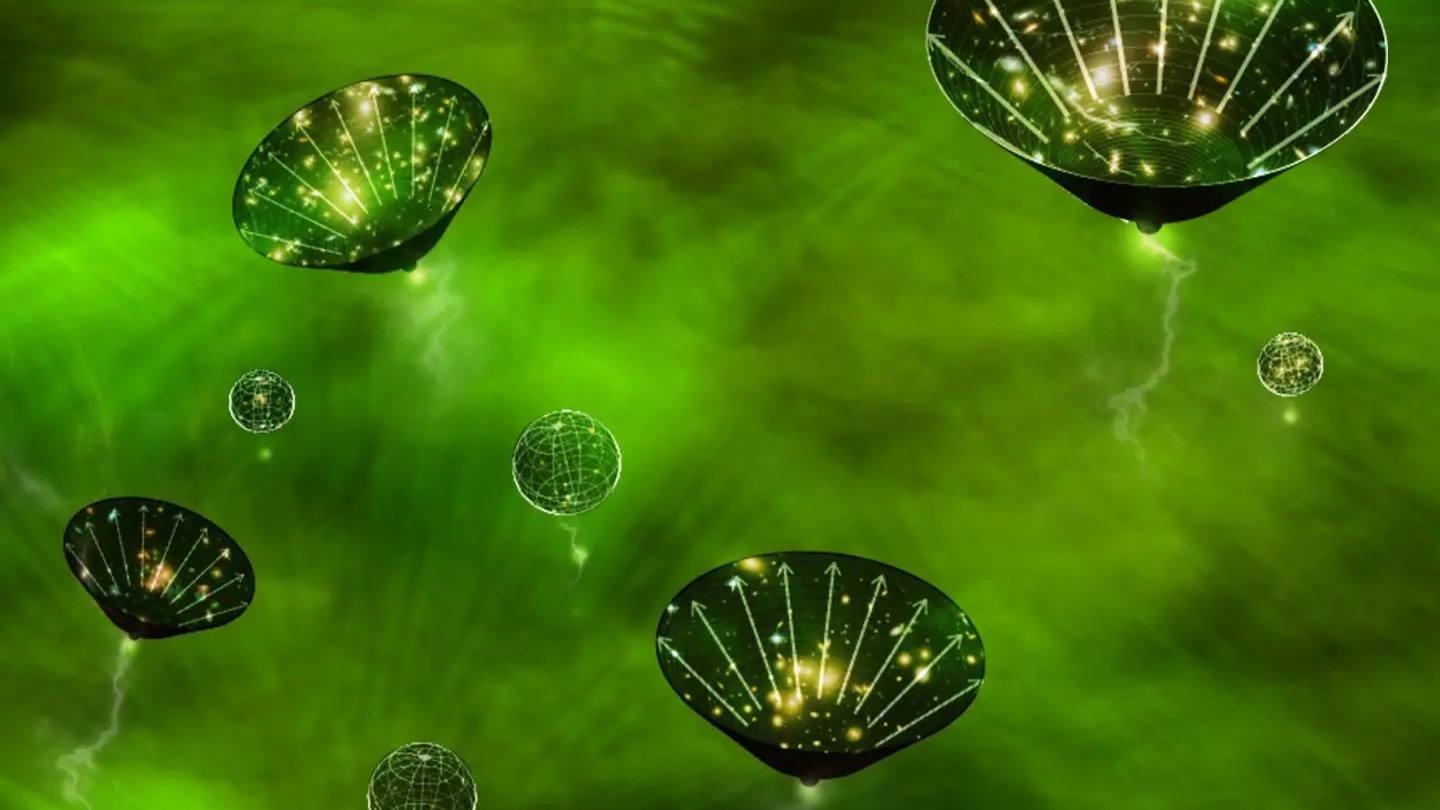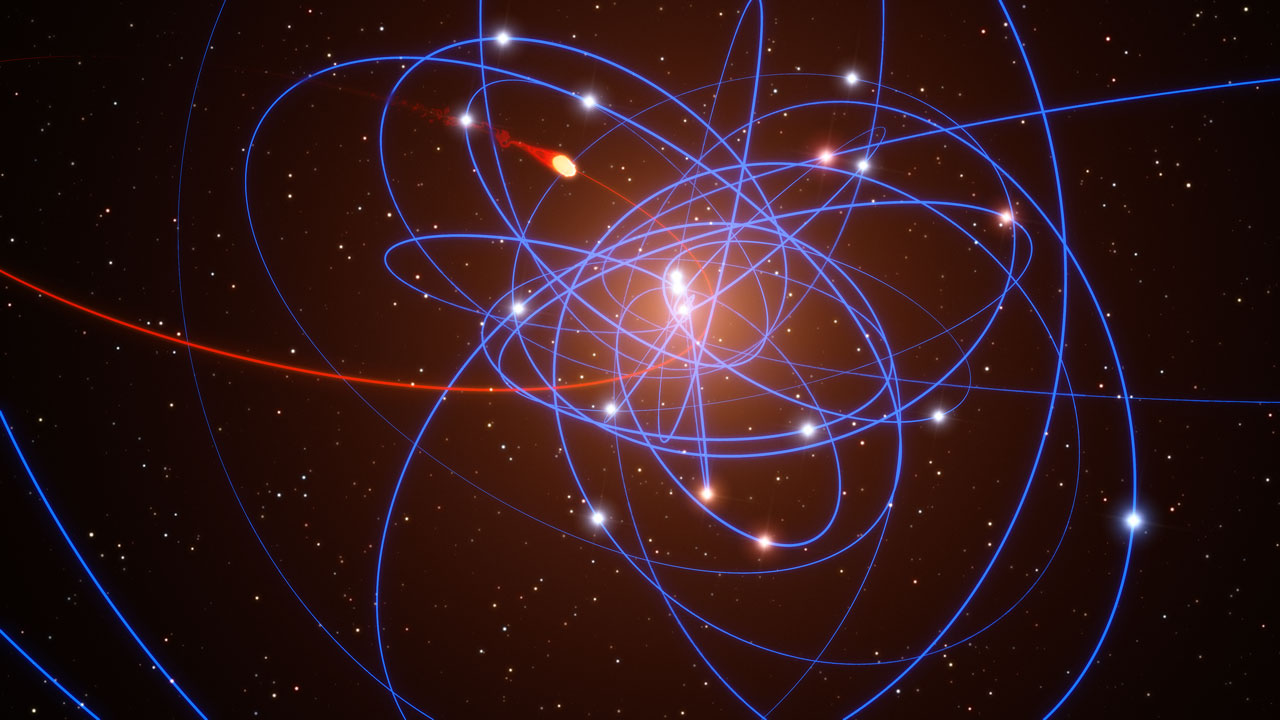Can Atom-Sized Black Holes Pass Through Earth?

What’s the Latest Development?
A team of astrophysicists have recently simulated the extraordinary event of an atom-sized black hole passing through planet Earth. The scientists theorize that such tiny black holes, called primordial black holes, were created when early galaxies breached a density threshold and underwent gravitational collapse. It is believed that these black holes, if they exist, would be composed partly of dark matter. Thus the scientists’ priority is now to prove the existence of these black holes beyond current theories, helping to make the case for dark matter’s existence.
What’s the Big Idea?
To prove the existence of these atom-sized black holes, scientists would look for evidence that they had passed through the Earth in the past. The famous Tunguska impact in Siberia in 1908, where no comet ash has ever been found, could be the location where a tiny black hole entered its path through the center of the planet (though leaving open the question about where it exited). Astrophysicists say the black holes present no existential danger to Earth and that if one were to pass through the planet, it would feel like a minor earthquake in every part of the globe.
Photo credit: shutterstock.com





